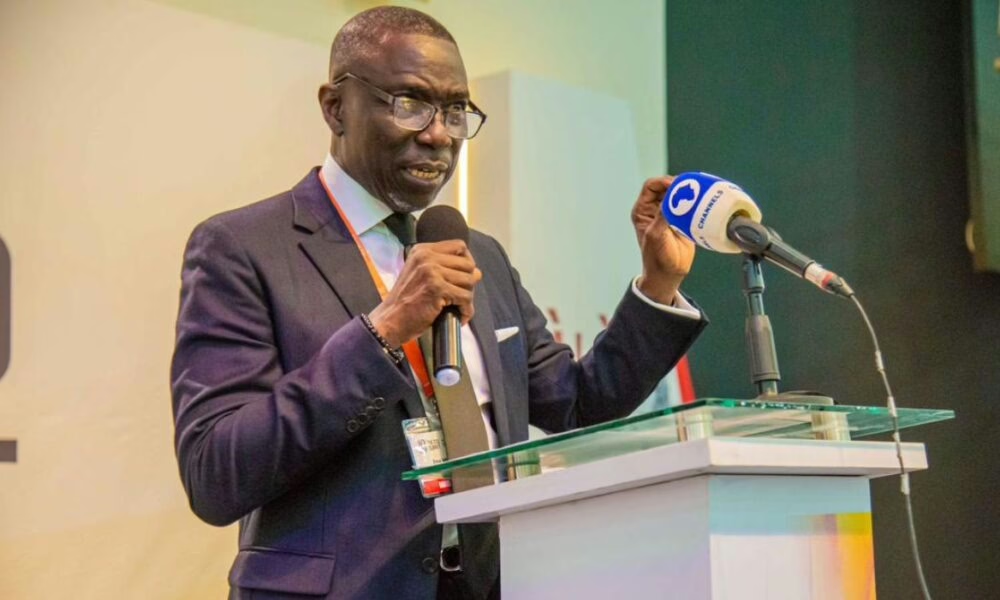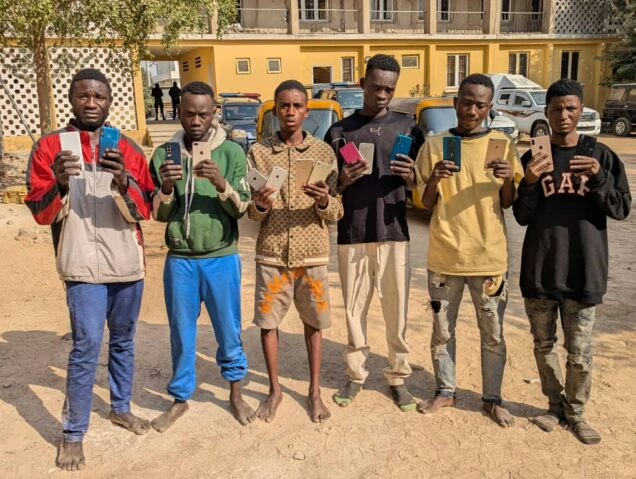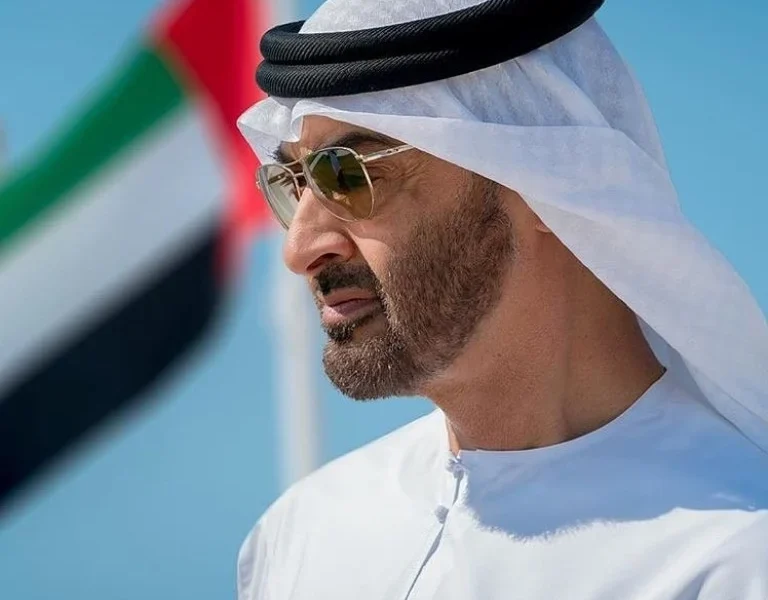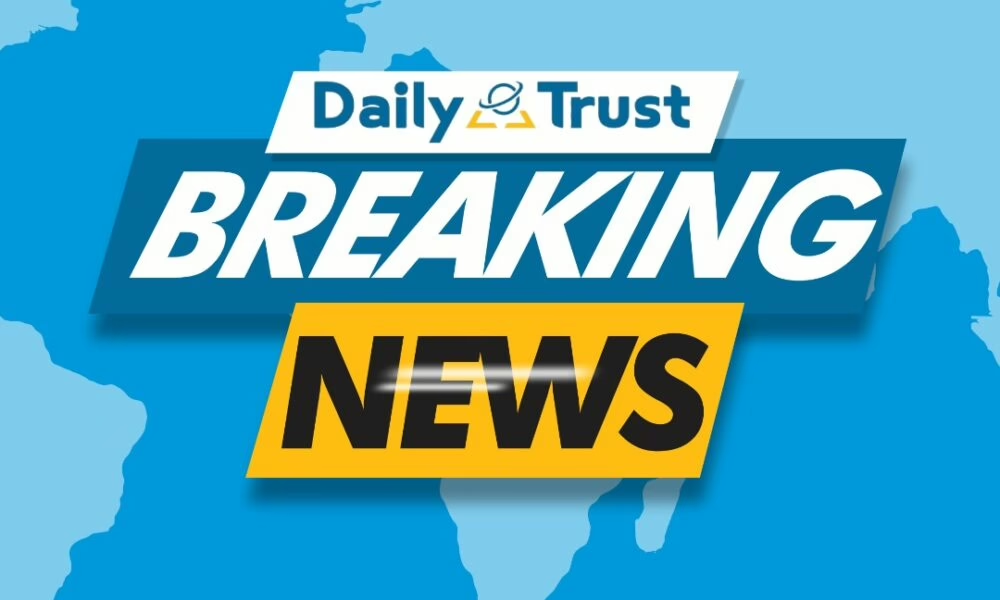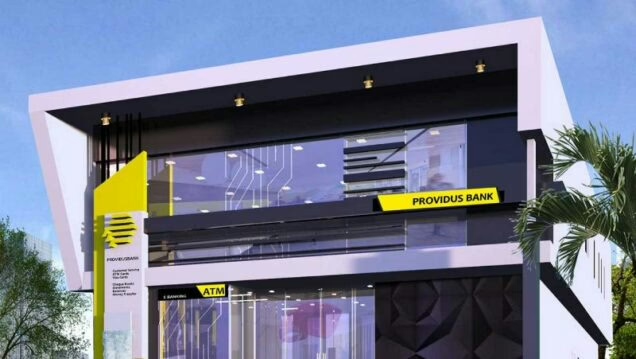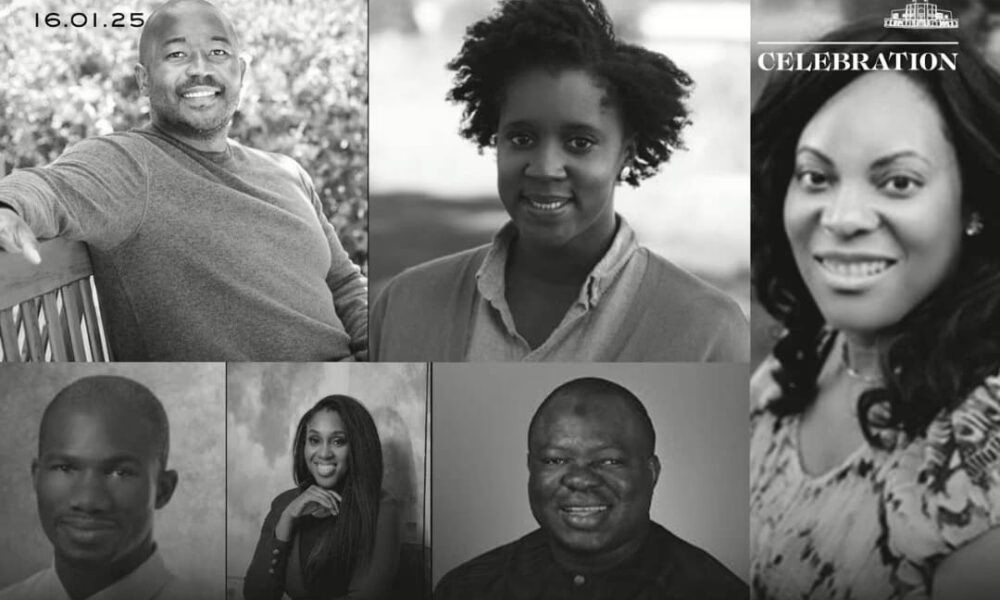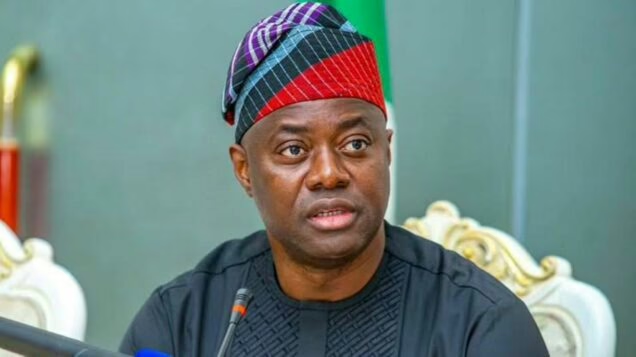A week to the February 25 presidential election, the presidential candidate of the African Action Congress, Omoyele Sowore, has said that Nigeria is confronted with a similar political situation of 2003.
The AAC standard bearer said in 2003, the country had “a chance to bail itself out of corruption, starvation and oppression” with the choice of late and renowned human rights activist, Chief Gani Fawehinmi, on the ballot.
Late Fawehinmi, a human rights lawyer, contested the April 19, 2003 presidential election under his party, the National Conscience Party. The election was eventually won by the then-incumbent President, Olusegun Obasanjo, who defeated his closest opponent, Major General Muhammadu Buhari (retd.), by over 11 million votes.
In the election, Fawehinmi polled 161,333, about 0.4% of the total votes of 39.4 million.
Tweeting on Saturday, the AAC candidate said, “Today, we are confronted with the same situation in 2023.”
“In 2003, Nigerians had a chance to bail out of corruption, starvation and oppression when Chief Gani Fawehinmi presented himself as a candidate of the National Conscience Party, a party he founded in 1994.”
Sowore claimed that the ruling political class brainwashed many Nigerians not to vote for him (Fawehinmi).
“Some even declared that the ‘devil we know is better than the angel we can’t trust,’ they said he was too ‘stubborn’ undiplomatically ‘rude’ against leaders and statesmen.”
He said the late activist was also accused of “not being an experienced thief,” and that they preferred incremental punishment.
“But Gani told his truth, making what would be the closing remarks during the 2003 general election. It was the last of such contentious,” Sowore stated.
Similarity?
In 2019, Sowore contested for the presidential election for the first time under the AAC, the party he founded, polling 33,953, about 0.12% of the total votes.
The election which brought in Buhari for second term had the President polling 15,191,847, about 56%, defeating his closest rival, Atiku Abubakar, with almost four million votes. Atiku had 41.2% of the total votes of 27.3 million.
February 25 election
Eighteen political parties are participating in this year’s elections.
Asiwaju Bola Tinubu of the All Progressives Congress, Atiku Abubakar of the Peoples Democratic Party, Peter Obi of the Labour Party, Rabiu Kwankwaso of the New Nigeria Peoples Party, Sowore of the AAC, and Kola Abiola of Peoples Redemption Party, among others, are in a tight race for the presidential seat.
All hands are crossed as Nigerians await the polls to decide.


